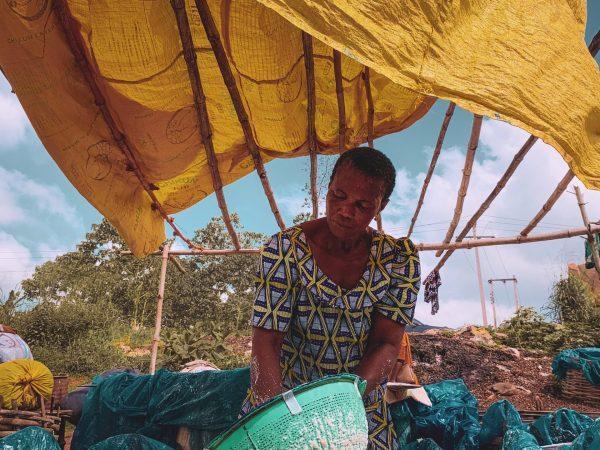Noncommunicable Disease Prevention and Control in Europe and Central Asia
With aging populations and a high burden of chronic disease, policy and health system strengthening for cardiovascular disease, diabetes, and cancer are a high priority in the Europe and Central Asia (ECA) region. Noncommunicable Disease Prevention and Control in Europe and Central Asia is a flagship regional activity supported by Access Accelerated.
Under this activity, experts from the World Bank explore the links between NCDs and human capital and equip government partners in five countries to preserve human capital through enhanced health policy and NCD management. The World Bank has harnessed momentum from the release of the regional Addressing NCDs in Europe and Central Asia report released in 2022, with that analytical work contributing to the design of new health investment operations totaling USD135 million across Kosovo, Moldova, and Serbia in 2023.
Cancer represents a disproportionately large share of preventable deaths in Croatia when compared with neighboring countries in Europe and Central Asia. The World Bank and Access Accelerated collaborated with the Croatian Public Health Institute and Ministry of Health to conduct a study of cancer care cascades, which evaluates the patient experience with each stage of NCD care from diagnosis through disease control. The World Bank’s advisory role with Croatian health authorities is ongoing, as engagement around the cascade study deepened commitment to NCDs and led to continued partnership in the development of longterm care strategies.
Evidence generated by the ECA activity informed a further USD40 million investment in the World Bank’s Moldova Modernization and Improvement of Rehabilitation Services Project, and provided several case studies that assisted the Health Insurance Fund of Moldova in designing a new performance-based financing program to address NCDs and introduce a novel disease management program. The reforms were strongly endorsed by World Bank management and policymakers at the Ministry of Finance in Moldova, whose views and perspectives were informed by the flagship report.
Meanwhile, the Serbia Investment Case, which was delivered in 2023, contributed to the design of the USD75 million Serbia NCD Prevention and Control Project, which was approved in October 2023. Cancer and cardiovascular disease account for 75% of all mortality in Serbia but diagnostics, lab services, and specialist consultations are inaccessible and unaffordable to many. This investment will ensure that all Serbians have access to routine services like blood testing and early detection of diabetes and hypertension, as well as quality chemotherapy and other NCD treatments.
The State of Communicable Diseases in Kosovo report launched in June 2023, detailing the significant economic burden of NCDs in the country, assessing the quality of NCD prevention and control in relation to peer countries, and outlining strategies to mitigate chronic disease, thereby increasing human capital and fostering economic growth. The report was disseminated through formal letters to relevant institutions, social media announcements, and declarations at the country’s national NCD symposium. This pairing of broad and targeted engagement drove public awareness around NCDs and initiated policy conversations that contributed to the design of the USD20 million KOMPAS—Kosovo Comprehensive Approach to Health System Strengthening Project. Drawing on recommendations from prior ECA reports, the objective of this project is to strengthen Kosovo’s institutional capacity and governance for quality of care.
At both national and regional levels, the ECA NCD prevention and control activity has the potential to improve prevention and management of human capital loss from NCDs. Knowledge products, policy guidance, and implementation have contributed to more resilient and responsive health systems. This work can inform policymaking to improve access and quality of services also raise awareness on the need for immediate and coordinated action on NCDs. These factors contribute to an enabling environment for effective NCD policy within the region and demonstrate the potential impact of a deeper commitment to and investment in the global NCD response.

ENHANCING ACCESS TO KNOWLEDGE AND FINANCING TO SAFEGUARD HUMAN CAPITAL
Many of the World Bank’s projects in partnership with Access Accelerated work to enhance individuals’ abilities to age healthily, particularly by prioritizing access to new knowledge and financing.

PRIMARY HEALTH CARE AS AN AVENUE TO RESPOND TO NATIONAL AND REGIONAL NEEDS
The World Bank is acutely sensitive to the importance of primary health care and several projects funded by Access Accelerated support this first point of care.

HOW READY ARE COUNTRIES TO ADDRESS NCDS AMONG AGING POPULATIONS?
Access Accelerated support enables the World Bank to reimagine care by leveraging its ability to collate actionable evidence and conduct advanced analytical work. The result: a report that guides countries with aging populations to assess their readiness to respond to NCDs.